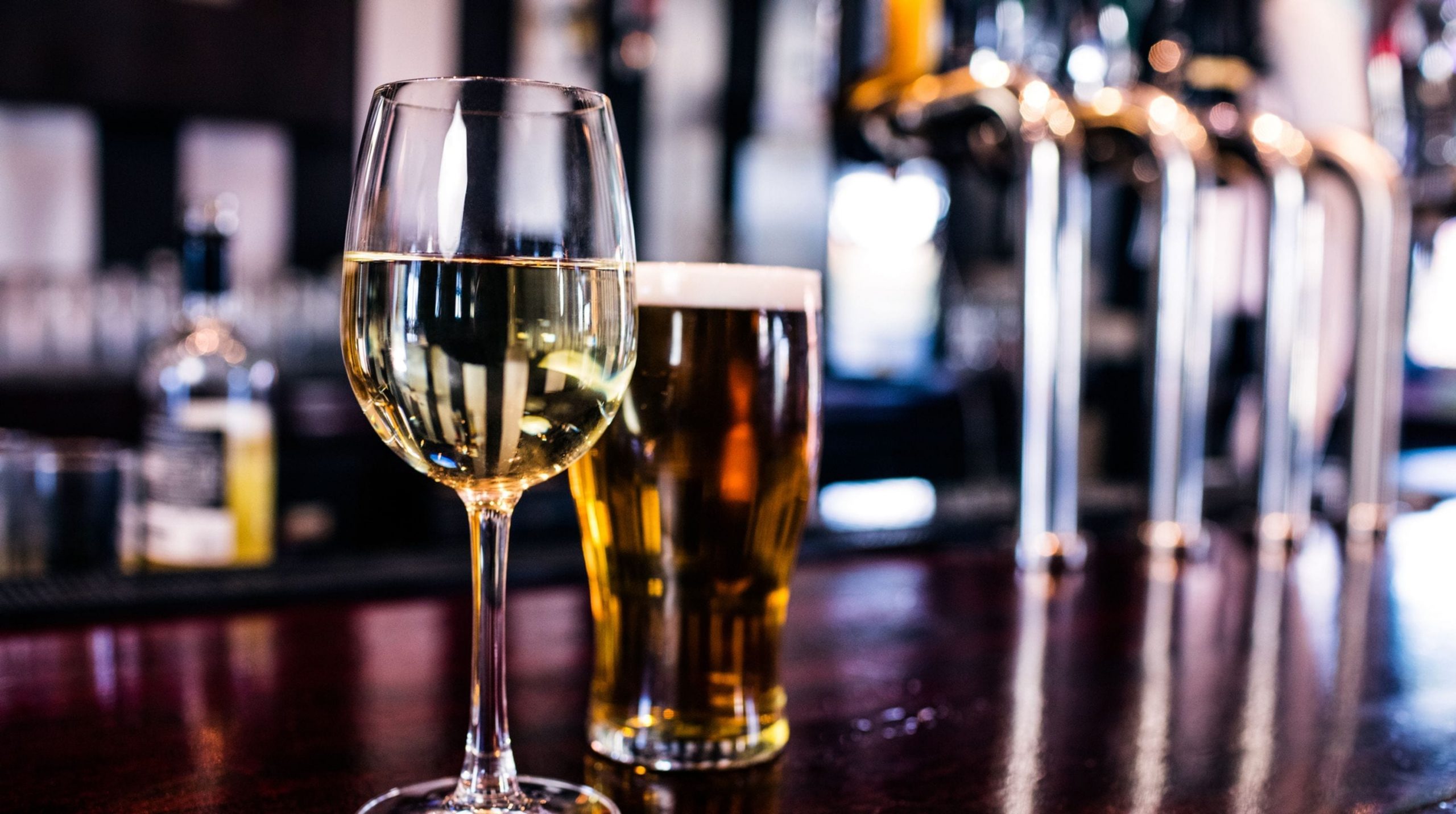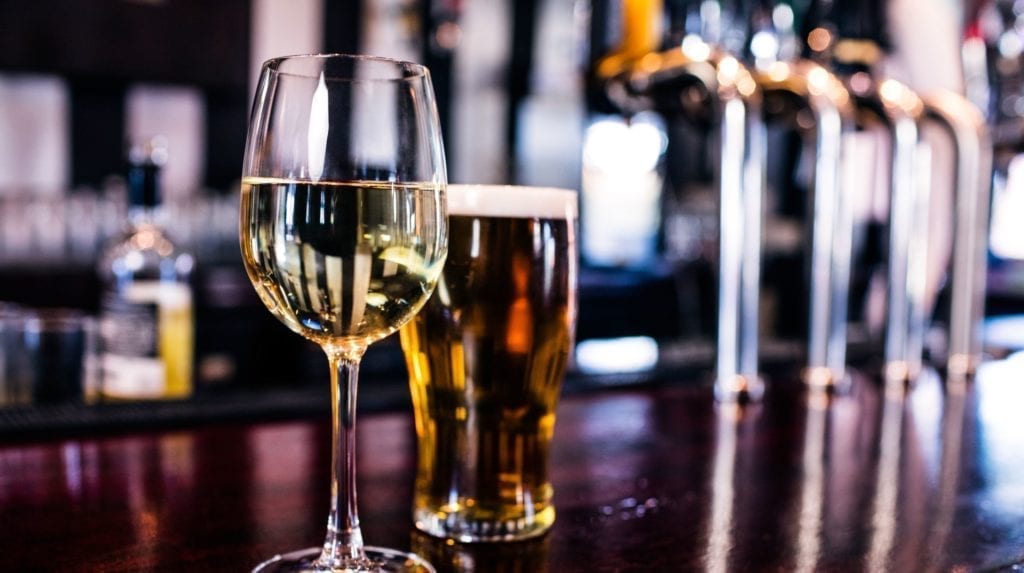There are few families that haven’t dealt with the specter of alcohol addiction in one way or another. It could have been a father who got into the habit of visiting the bar before heading back home after a long day and got stopped for a DUI. Or, the brother who tried to hide his problems in a bottle and wouldn’t let anyone assist him. Sooner or later, it touches almost everyone, even if from afar.
Understanding the causes of alcohol addiction, why it’s so invasive, and different ways to treat it is key to getting to the bottom of it. We hope this article provides useful information for anyone who wishes to stop drinking or someone wanting to better understand what a loved one is going through with their addiction.
People Drink for Different Reasons
People don’t drink alcohol (to excess) for the same reason. In many ways, it’s a very personal disease with individual reasons for it. This is often why it’s so difficult for other people who don’t have a problem with booze to sympathize or understand what’s happening.
Some people drink to “take the edge off” by de-stressing or to forget their troubles. It gives them an elevated state where they think differently, their inhibitions dissolve and they stop worrying about life. At least, that is, until they sober up the next day. Then life returns and a hangover along with it too.
Other people drink socially. They feel more outgoing and the fun side of their personality comes out. Usually, that’s only in their mind though. If they saw a video taken from a friend’s phone covering the last bender they had, they might think very differently. Sometimes the drinking started as something enjoyable but eventually, it’s dawned on them that it might have become a problem in their life.
And there are many other reasons too.
They Never Expected to Become Addicted to It
For alcoholics, addiction kind of snuck up on them when they weren’t looking. Almost no one plans to be this way. Gradually, the process of drinking regularly requires more alcohol to get the same deleterious effect which leads to excessive drinking as the disease of alcoholism grips you.
As Leo McGarry, the White House Chief of Staff in the fictional TV series The West Wing, said in an episode: “Why do I drink? Because I’m an alcoholic! The problem is I don’t just want one drink. I want ten of them. I know… it’s hard to understand.”
Wanting to Stop
When someone who drinks regularly doesn’t feel the need to stop or hasn’t hit rock bottom yet, they have to get there on their own.
Unless a court orders them into a rehab facility or friends stage an intervention to interrupt their pattern of drinking, it won’t cease unless they make it stop.
This is also why multiple rehab stints don’t always work. It’s because the person has to want to stop drinking and they must be serious about wanting their sobriety. Their life has become unmanageable and they surrender to that reality.
Sinclair Method of Alcohol Treatment
The Sinclair Method Alcohol Treatment program is a newer treatment method that doesn’t expect alcohol drinkers to completely stop drinking on day one. The program is finding success in Europe and the UK, but so far has been slow to be adopted in the American market.
The idea with this method is to block the pleasure receptors – endorphins – which the brain learns to release when consuming alcohol. When taking naltrexone regularly, the body loses the ability to take pleasure from drinking. Often, people drink out of habit and for the good feelings it produces, not for the taste itself. By removing the pleasure center associated with the activity, it becomes easier for alcoholics to better control their consumption.
TSM Alcohol Treatment has been found to be very effective for people who cannot face stopping drinking cold turkey. When it has become habitual, easing off by reducing the frequency and amount of consumption becomes a more manageable solution.
Alcoholics Anonymous
For alcoholics who need the support of other sufferers and a sober structure, then Alcoholics Anonymous (AA) meetings provide an appropriate forum. Indeed, many recovery programs and rehab centers include AA meetings as part of their daily routine and expect attendees to continue with their meetings once they’ve left their recovery or the rehab center.
The addition of a sponsor – someone who is a former alcoholic – provides support. They’re someone to call when times get tough and the desire to drink has returned. They can meet or talk the person down from the ledge.
With AA, abstinence is part of the program. People who cannot stop drinking find it difficult to fit in. It’s either you do, or you don’t, in AA. As such, other treatment solutions like the Sinclair Method offer help to people needing to reduce their consumption more gradually.
We hope this article has been eye-opening about the causes of alcohol addiction and some methods to curb it. No one is ever cured but sufferers can get their life back if they make the effort to do so and stay sober one day at a time.

